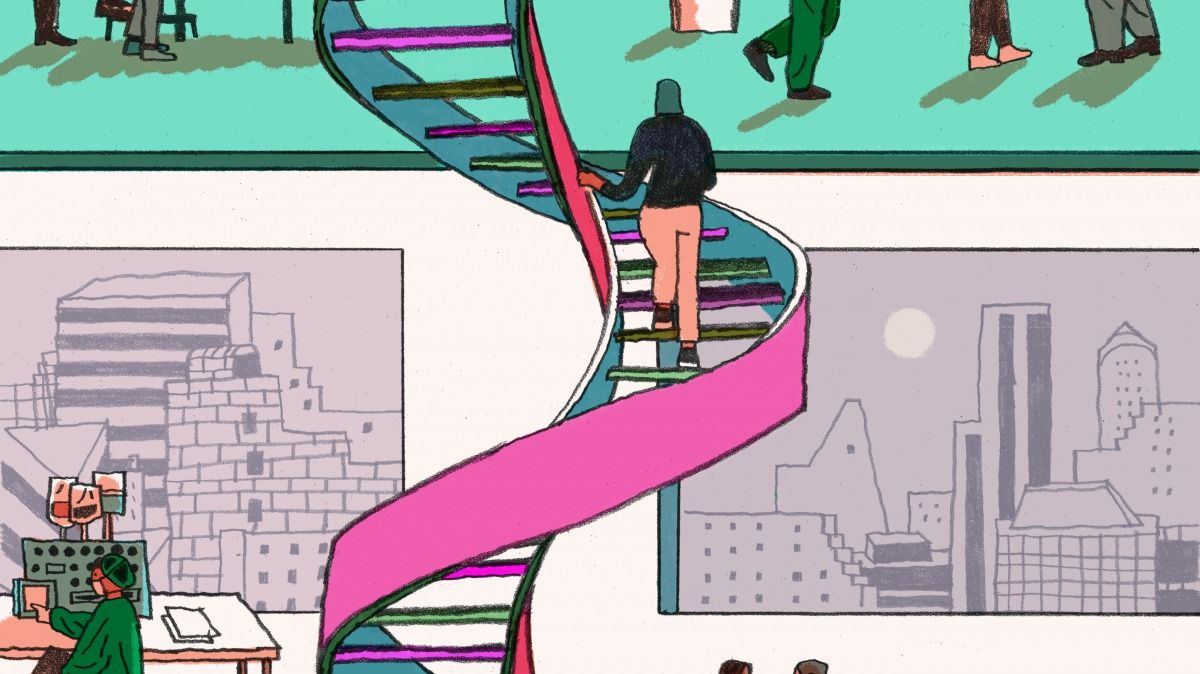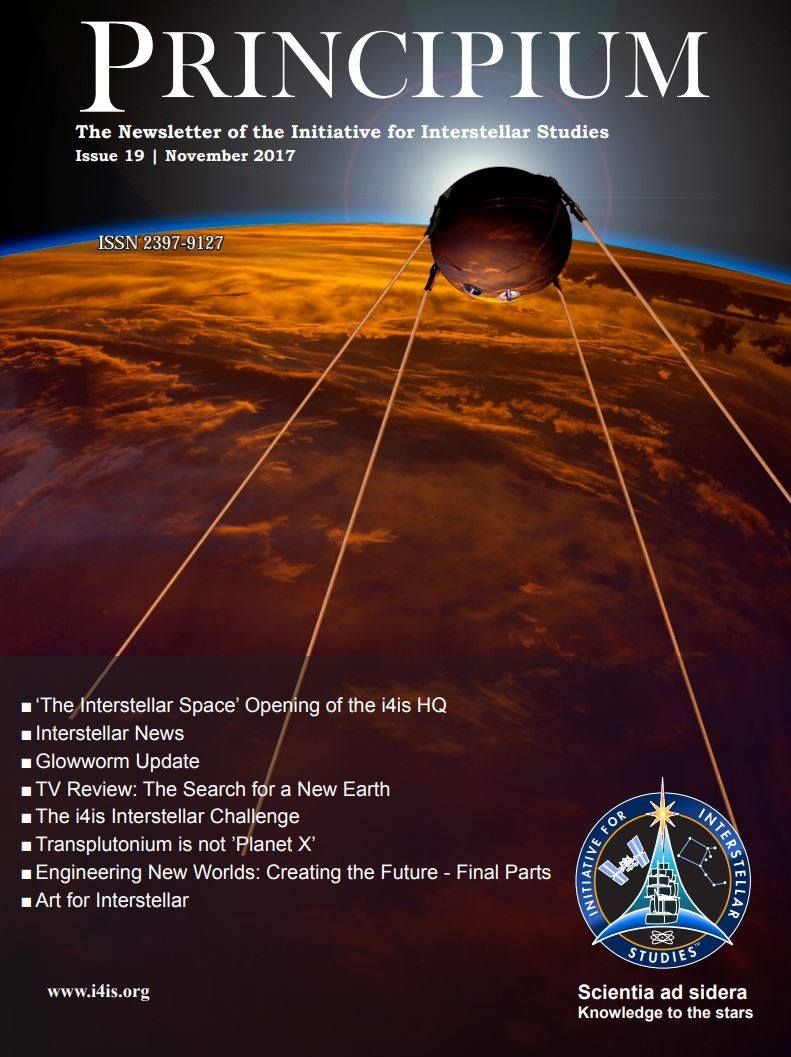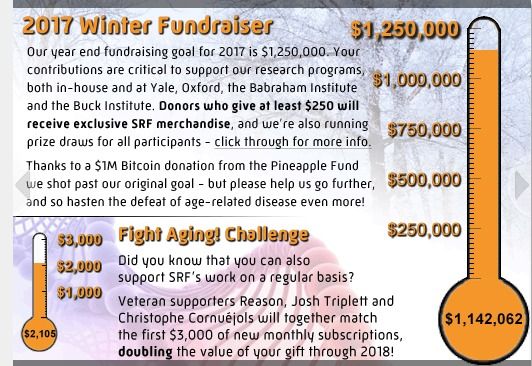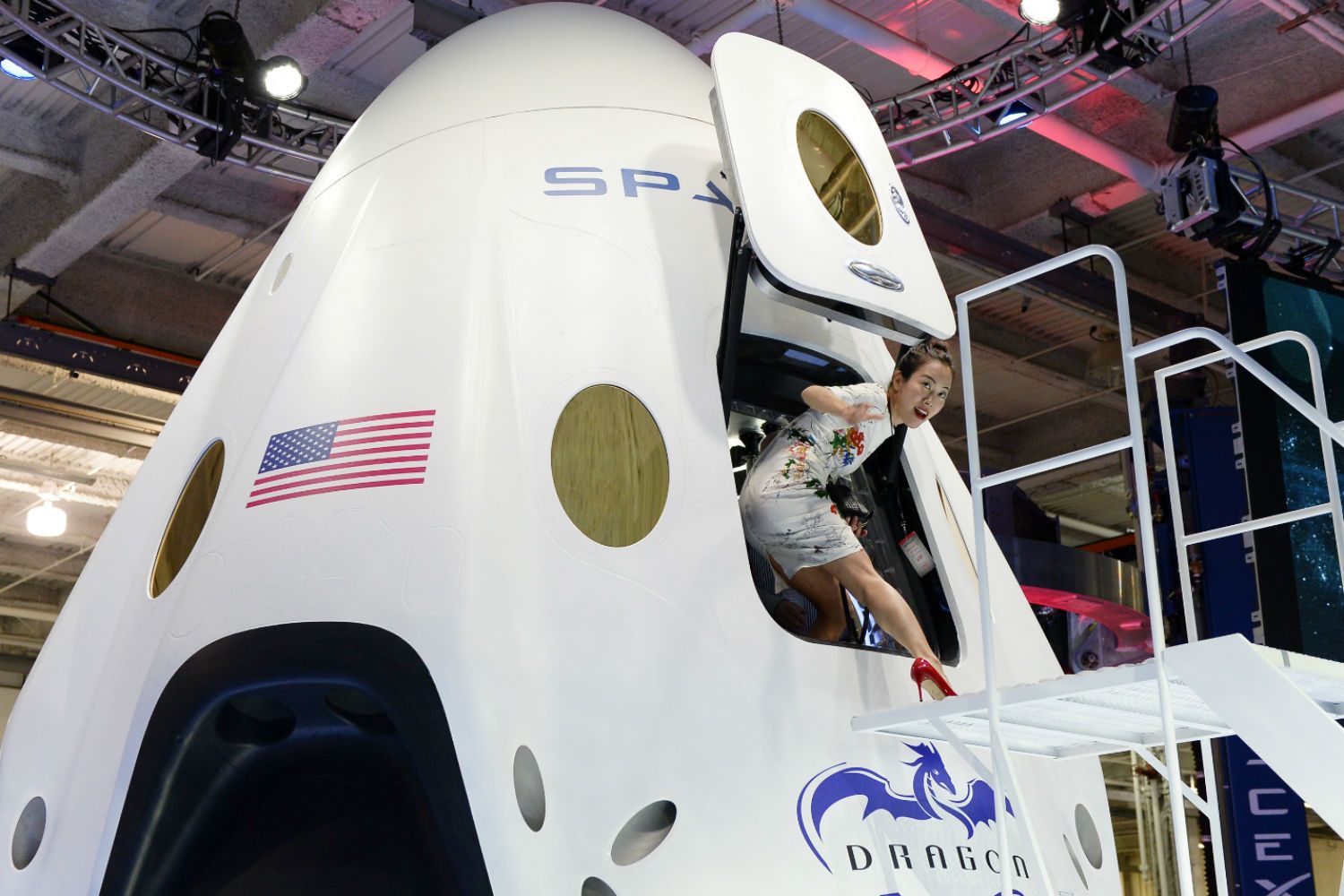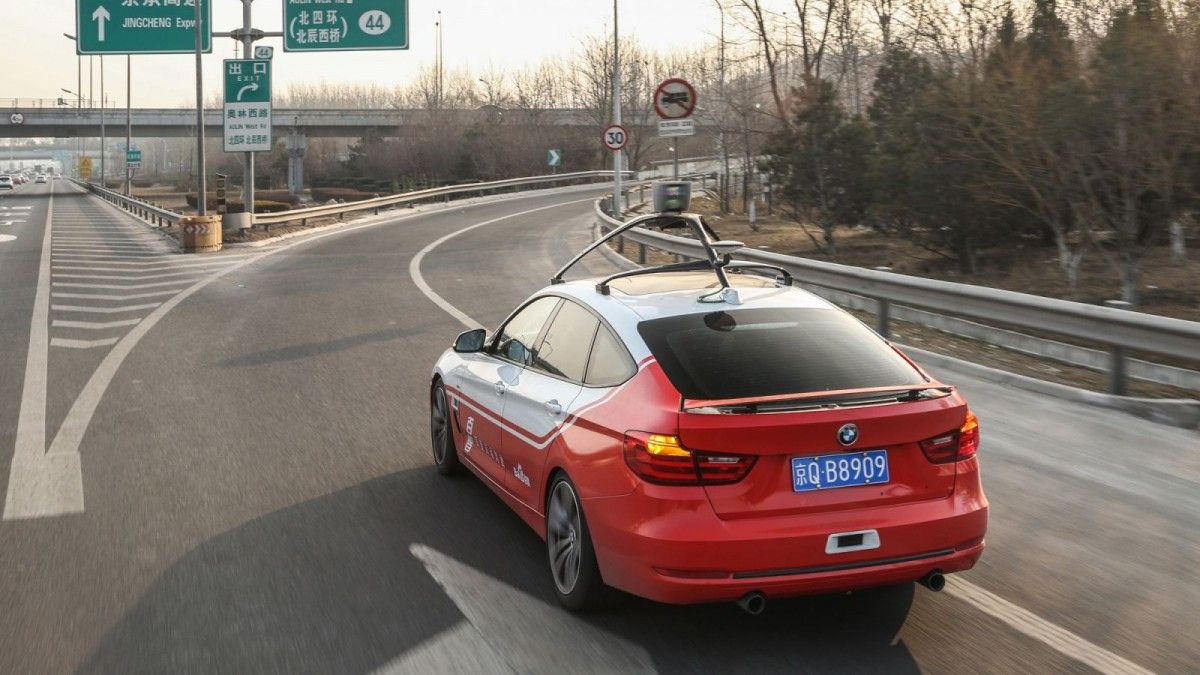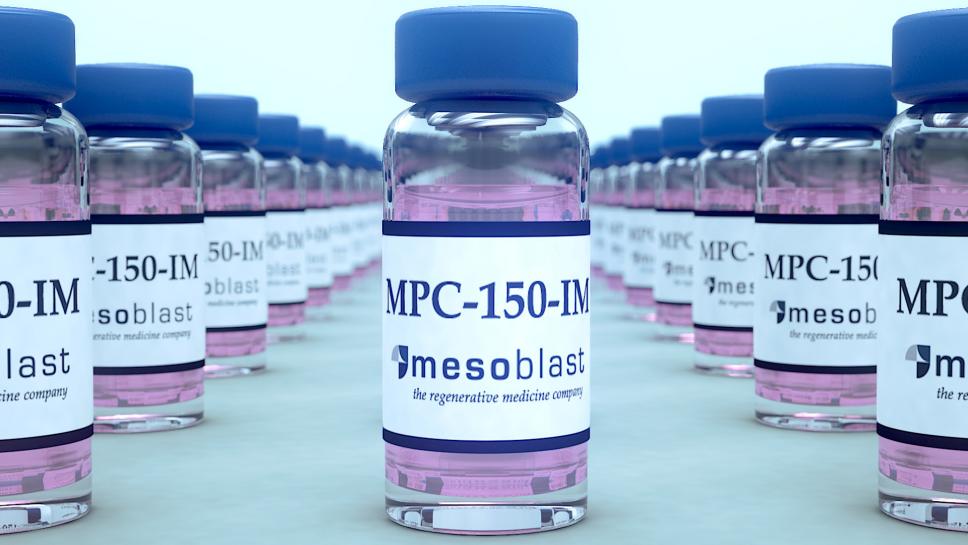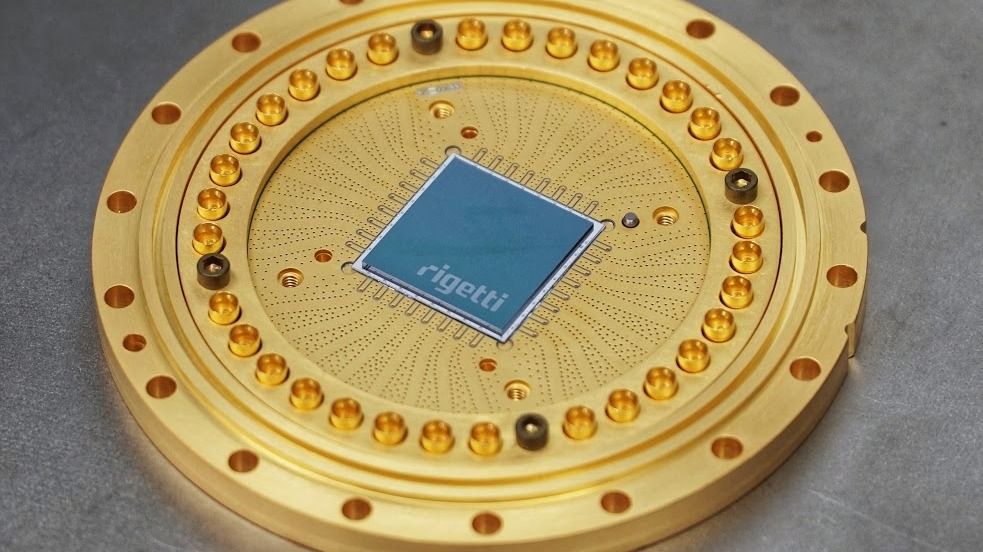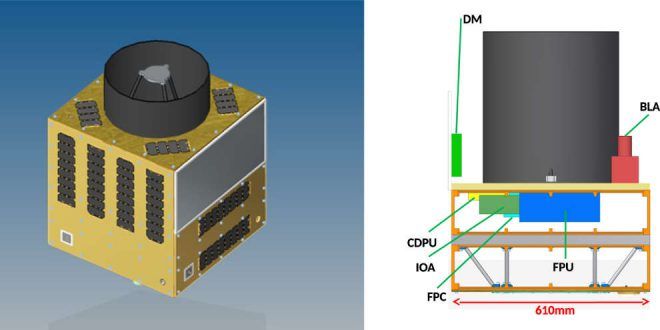The first clinical trials are slated to begin in the U.S. and Europe while others are stalled.
Thanks to the Pineapple Fund we have now raised $1,142,000 of our $1,250,000 goal this year. We are very close now to the finish line and with your help, we can win!
To help us reach our goal visit: http://www.sens.org/donate
We will be using these donations to support our research programs both at the SENS Research Foundation Research Center in Mountain View, as well as our programs at Yale, the Buck Institute, the Babraham Institute, and Oxford.
Drivers in Beijing, beware: soon, you’ll be driving alongside autonomous vehicles.
On Monday, Beijing’s Municipal Commission of Transport announced (Chinese) provisional regulations for testing self-driving cars on city roads. Companies that are registered in China and have tested self-driving cars in enclosed spaces can now apply for permission to test their vehicles on Beijing’s bustling roads.
It certainly won’t be the first city in Asia—or the rest of the world—to embrace autonomous vehicles: self-driving startup nuTonomy already operates in Singapore, and several U.S. cities are home to the cars of Uber, Waymo, and others. But the news is the latest sign of China’s commitment to making autonomous vehicles a reality, in hopes of alleviating congestion on city streets and becoming a leading technology power.
NEW YORK (Reuters) — The early hope that stem cell therapy would make the paralyzed walk, the blind see and cure diabetes have given way to a long list of failures, highlighted by early stem cell champion Geron Corp abandoning the field in 2011.
But two small companies, Athersys Inc and Mesoblast Ltd, are beginning final stage trials in hundreds of patients that they — along with loyal investors — say could change the course of devastating stroke and heart failure.
Both have overcome major hurdles to manufacturing stem cell treatments on a large scale that are off-the-shelf products derived from healthy donor bone marrow and do not face immune system rejection issues.
The topic of healthspan is increasingly being raised in the popular media, but what does it really mean? Simply put, healthspan means the period of your life in which you remain healthy and free from age-related diseases. The Roman poet Virgil once said “The greatest wealth is health”, so the concept of healthspan was something valued as far back in time as then.
Today, we are going to take a look at how we have been trying to increase human healthspan in the past and what science is doing now to take us to new frontiers of health through a new approach to medicine called rejuvenation biotechnology.
So, why is healthspan becoming such a popular saying, and why is it appearing frequently in articles and in other media now? Quite simply, the advances in our understanding of the aging processes and our ability to do something about them has reached the point at which taking measures to increase healthspan is now plausible.
The Canadian Space Agency (CSA) has awarded $1.85M contract to the University of Waterloo for the Quantum Encryption and Science Satellite (QEYSSat) mission.
The QEYSSat mission was one of two projects cited in the 2017 budget when it was unveiled in March of this year. In April, the government sent Innovation Science and Economic Development (ISED) Minister Navdeep Bains to the CSA’s headquarters to formally announce the funding for the QEYSSat mission along with funding for a radar instrument that will be developed for a future orbiter mission to Mars and to announce the Canadian CubeSat Project. The $80.9M of funding would be over five years.
A short history of the QEYSSat mission.
